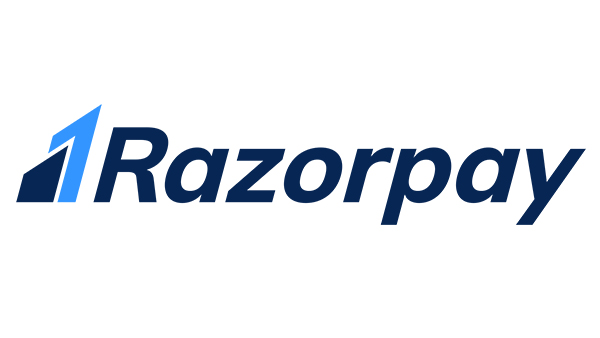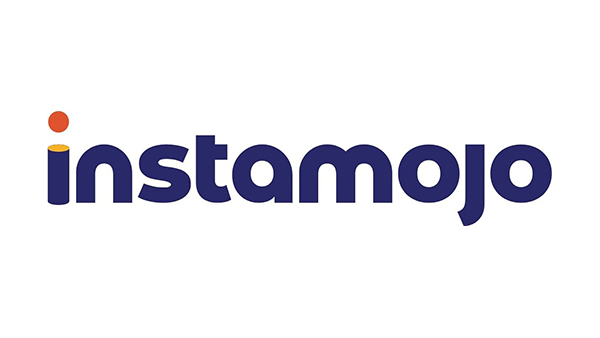Online Private Limited (Pvt Ltd) Company Registration in India
Looking to register your Private Limited Company? Look no further! Our expert CS Assisted service offers the lowest cost with no hidden fees and a transparent pricing policy. Get fast turnaround times and hassle-free registration. 6,000+ startup business owners trust LegalWiz.in for starting their business and keeping it compliant with the law!
Company Registration Services in India
Private Limited Company registration (PLC registration) is a popular way to start a business in India. It offers benefits like limited liability protection to founders, separate legal existence, better credibility, and ease in raising external funds. Hence, Startups and progressive businesses, with higher risk and growth aspirations, prefer a company structure. It is registered with the Ministry of Corporate Affairs (MCA) under the Companies Act, 2013. Why Should You Choose LegalWiz.in for registering your company?
- Expert Team of Qualified CA, CS, and Lawyers
- Dedicated Relationship Manager and On-call Support
- The entire New Company Registration Process is Managed Online
- Quick Turnaround and Economical Pricing
- Thousands of Happy Customers Across All States of India
- Empowered with Secured Technology
- Avail exclusive partner offers on web hosting, payment gateways, etc.
Why Should You Register a Private Limited Company?
Documents Required for Private Limited Company Registration Online
Online Company Registration in Three Easy Steps!
*Subject to Government processing time
Quickest Way to Register a Company
Pick a Business Structure That Works Best For Your Business
| Private Limited Company | One Person Company | Limited Liability Partnership | Partnership Firm | Proprietorship Firm | ||
|---|---|---|---|---|---|---|
| Applicable Law | Companies Act, 2013 | Companies Act, 2013 | Limited Liability Partnership Act, 2008 | Indian Partnership Act, 1932 | No specified Act | |
| Registration | Mandatory | Mandatory | Mandatory | Optional | No | |
| Number of Owners | 2 – 200 | Only 1 | 2 – Unlimited | 2 – 50 | Only 1 | |
| Separate Legal Entity | Yes | Yes | Yes | No | No | |
| Liability Protection | Limited | Limited | Limited | Unlimited | Unlimited | |
| Statutory Audit | Mandatory | Mandatory | As Applicable | Not Mandatory | Not Mandatory | |
| Ownership Transfer | Yes | Yes (Restricted) | Yes | Yes (Restricted) | No | |
| Perpetual Existence | Yes | Yes | Yes | No | No | |
| Foreign Ownership | Allowed | Not Allowed | Allowed | Allowed | Not Allowed | |
| Taxation Liability | Moderate | Moderate | High | High | Low | |
| Compliance Requirement | High | High | Moderate | Low | Low | |
| Get Started | Know More | Know More | Know More | Know More |
Have Questions? Find Answers Here
Your Growth, Supported by Our Partners
Explore how our partner network can fuel your success—get in touch with Legalwiz.in today!












